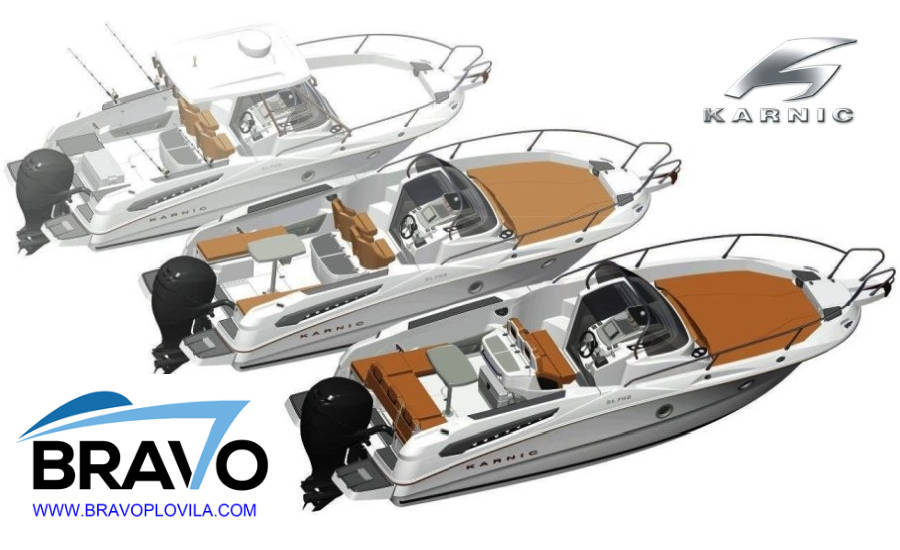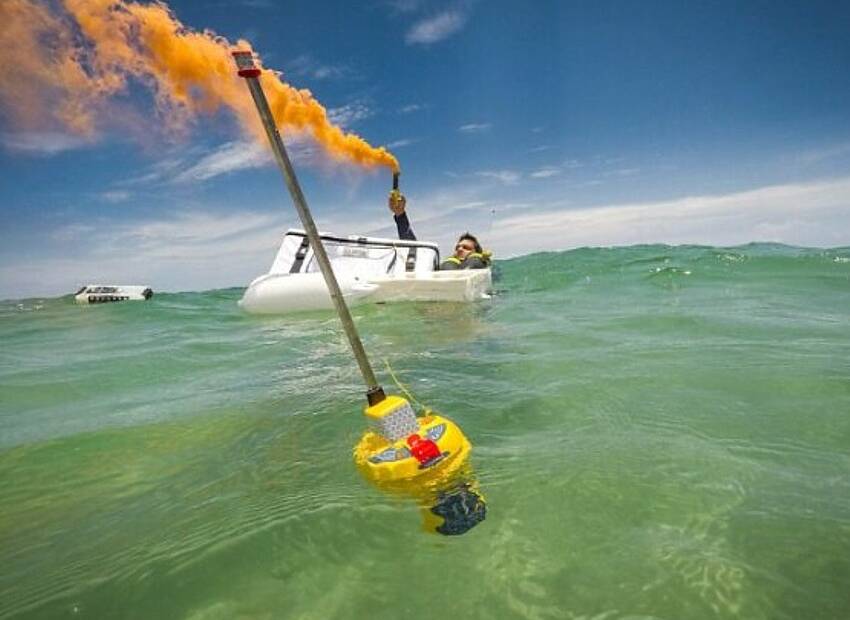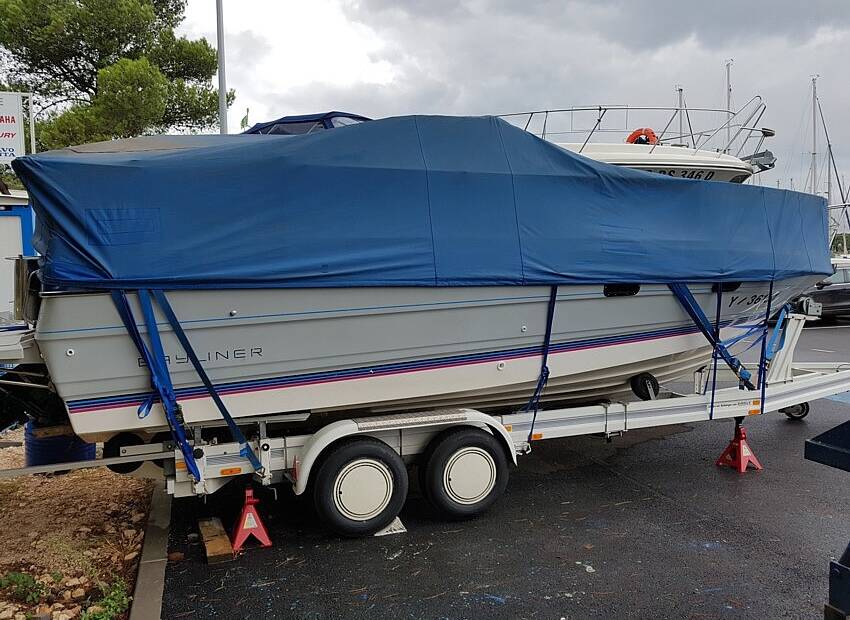Sailing boat on fire - Don’t let this be you (a Sail-World article)
Most fires on sailing boats are electrical or gas fires. The key to making sure your boat will not be prone to a fire is proper maintenance of gas and electrical systems.
Electrical Fire Prevention:
One very common scenario is leaving the boat hooked up to shore power during the winter, using a space heater, and not checking on the boat. The shore power plug can become a real hot spot.
Most electrical fires are a result of high resistance in a plug or other electrical device, creating enough heat to catch fire. High resistance occurs most often at connections. The shore power plug is just one of those connections. The others are connections between wires and electrical devices, connections in the panel box to a buss or to circuit breakers and fuses.
Corrosion is the main culprit. The damp environment leads to rapid corrosion. Corrosion does not conduct electricity very well. This can even occur in fuse holders, which are usually copper. Copper corrodes rapidly in a marine environment, especially if it’s saltwater.
Keep wiring out of the bilges. If your boat should flood during the winter, you may have to replace all the wiring and electrical equipment. Get it inspected by a certified MARINE electrician.
All electrical systems need to be inspected annually, at the least. Plugs and connectors should be kept clean and shiny. If you don’t use your boat very often, you should check EACH time you use the boat.
Here are the main checks:
- Check fuse blocks for corrosion and clean the contacts.
- Check circuit breakers for proper operation.
- Check electrical equipment for proper operation.
- If something keeps tripping the circuit break or blowing a fuse, find out why. Do not ignore it or jump the breaker or fuse. Fix the problem. Not doing so could mean a fire.
- If you have shore power, pull the plug on both ends and inspect the cord and both ends for corrosion. Do a resistance test. If it’s any more than 0 ohms, or at most 1 ohm, find out why.
- If the cord is getting old, cracking, getting soft, or frayed, replace it.
- Check the shore power socket on the boat. Is it clean and free from corrosion?
- Check the cap over the socket to make sure it is keeping moisture out of the socket.
Gas Fire Prevention:
Safe Handling of Gas Cylinders - Be especially careful when handling the gas cylinders used onboard your boat. Follow these safety tips:
- install a gas detector on the boat;
- gas cylinders should be secured in a sealed, weatherproof container with low-level atmospheric vents;
- use only approved piping;
- isolated and secured gas cylinders when not in use;
- regularly hand-pump bilges to remove potential low-lying vapours;
- hatches and portholes should be opened sufficiently to provide ventilation if weather condition permits;
- any compartment which has not been used for some time should be ventilated thoroughly;
- do not leave a cooker or any other appliances unattended if there is a danger of a wind draft extinguishing the flame.
When Changing Gas Cylinders Aboard:
- check that the valve on the empty gas cylinder is turned off before disconnecting;
- ensure the full gas cylinder is secure before connecting;
- do not turn on the gas cylinder valves before connection is complete and has been checked;
- keep empty gas cylinders in the open air and secure them by a safety strap or other quick release device.
If a Fire Occurs on a Boat:
Preparation is the key to dealing with a fire, if and when it should occur. You should always make sure that everyone knows how to escape danger, where fire safety equipment is installed and how to make an emergency call. These are the essential points to remember:
- think of your own safety: get out and aband
● Your Boat’s on Fire… Now What? (1)






















